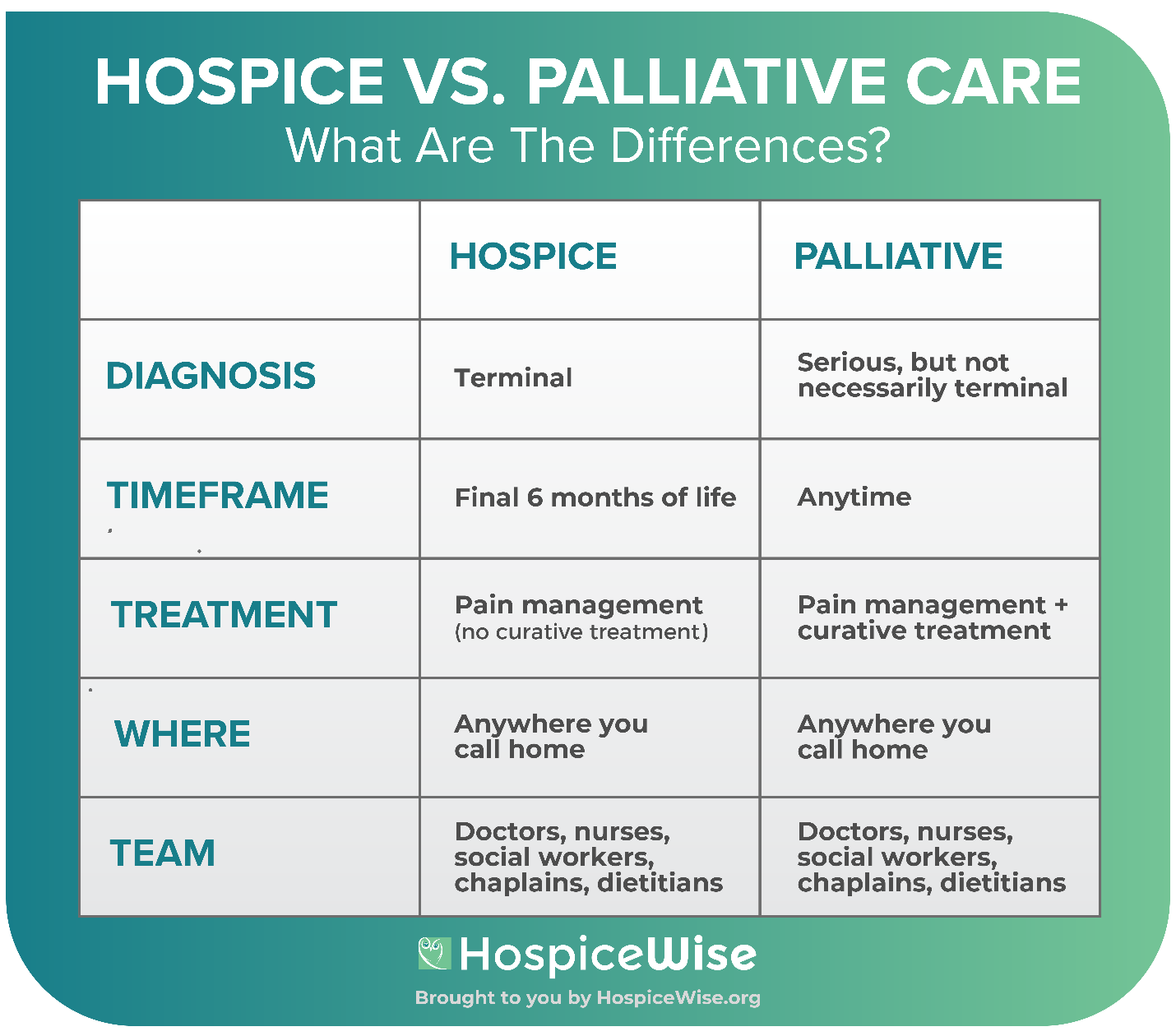A nurse is caring for a client who is in labour and notes that the umbilical cord is prolapsed. Which of the following actions should the nurse take?
Loosely wrap the cord with petroleum gauze.
Place the client in Trendelenburg position.
Evaluate uterine tone.
Apply fundal pressure
The Correct Answer is B
Choice A reason:
Wrapping the cord with petroleum gauze is not recommended. Handling the cord directly can lead to vasospasm and worsen the situation.Choice B reason:
The Trendelenburg position involves placing the mother with her head lower than her pelvis. This position helps to alleviate pressure on the umbilical cord, reducing the risk of cord compression and compromising blood flow to the baby. Additionally, the nurse should also manually elevate the presenting part of the fetus off the umbilical cord to further relieve pressure. These actions can help mitigate the potential complications associated with umbilical cord prolapse until further medical interventions can be implemented.Choice C reason:
Evaluate uterine tone. While evaluating uterine tone is an important part of the overall assessment during labour, it is not the priority action in the case of umbilical cord prolapse. The immediate concern is to relieve pressure on the cord.
Choice D reason:
Option D: Apply fundal pressure. Fundal pressure should not be applied during umbilical cord prolapse as it may push the baby's presenting part further onto the cord, worsening the situation.

Nursing Test Bank
Naxlex Comprehensive Predictor Exams
Related Questions
Correct Answer is C
Explanation
Choice A reason:
"Repeat the dose if your child vomits within 1 hour after taking the medication." This statement is incorrect. If a child vomits within 1 hour after taking digoxin, the parents should not repeat the dose. The reason is that the child may have already absorbed a sufficient amount of the medication before vomiting, and an additional dose could lead to digoxin toxicity.
Choice B reason:
"You can add the medication to a half-cup of your child's favourite juice." This statement is incorrect. Adding digoxin to juice or any other food or drink is not recommended. Digoxin should be administered separately and not mixed with food or liquids to ensure accurate dosing and prevent potential interactions with other substances.
Choice C reason:
"Have your child drink a small glass of water after swallowing the medication." This statement is correct. Giving a small glass of water after administering digoxin helps ensure that the medication is fully swallowed and goes into the stomach, reducing the risk of it being retained in the mouth or throat.
Choice D reason:
"Limit your child's potassium intake while she is taking this medication." This statement is not accurate. Digoxin is often prescribed in conjunction with other heart failure medications, some of which may impact potassium levels. However, the parents should not arbitrarily limit the child's potassium intake without specific instructions from the healthcare provider. The healthcare provider will monitor the child's potassium levels and adjust the treatment plan as necessary.
Correct Answer is A
Explanation
A is correct because hospice care includes bereavement support for the family for up to a year after the client's death.
B is incorrect because the hospice nurse does not administer pain medication, but rather teaches the family how to manage the client's pain at home.
C is incorrect because respite care is one of the services that hospice provides to allow the family to take a break from caregiving.
D is incorrect because hospice care does not aim to prolong life, but rather to provide comfort and quality of life for the client and the family.

Whether you are a student looking to ace your exams or a practicing nurse seeking to enhance your expertise , our nursing education contents will empower you with the confidence and competence to make a difference in the lives of patients and become a respected leader in the healthcare field.
Visit Naxlex, invest in your future and unlock endless possibilities with our unparalleled nursing education contents today
Report Wrong Answer on the Current Question
Do you disagree with the answer? If yes, what is your expected answer? Explain.
Kindly be descriptive with the issue you are facing.
